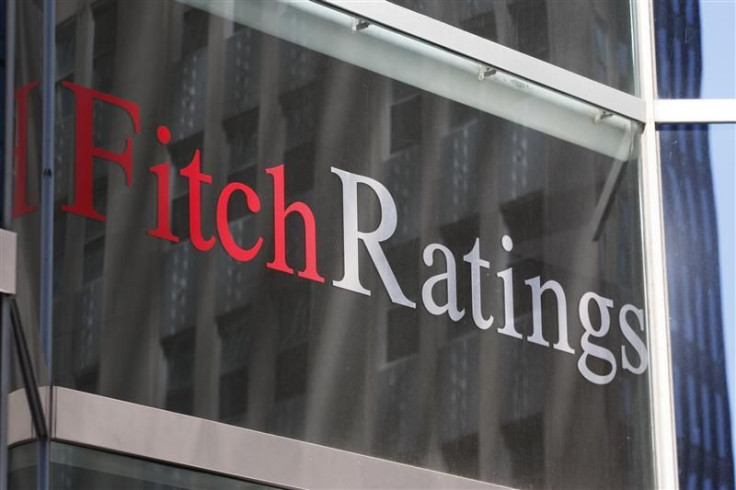29 Largest Banks May Need $566 Billion More For Basel III: Fitch

The world's 29 largest banks will need an extra $566 billion to comply with Basel III capital rules by the end of 2018, which could hamper their ability to increase dividends and buy back shares, according to Fitch Ratings Inc.
Basel III, the most recent iteration of a global regulatory standard on bank adequacy, stress testing and market liquidity risk, requires banks to hold 4.5 percent of common equity, up from 2 percent under Basel II. The higher standard aims to prevent a repeat of the 2008 banking crisis.
New York-based Fitch said the $566 billion figure is 23 percent of the aggregate $2.5 trillion in common equity held by the banks, which include JPMorgan Chase & Co. (NYSE: JPM), HSBC Holdings PLC (NYSE: HBC) and Deutsche Bank AG (Frankfurt: DBK). They would likely use a mix of strategies to raise cash, including retaining future earnings and selling or winding down riskier assets to comply with Basel III. Without additional efforts, each bank would need a median of three years of retained earnings to comply with the regulations.
After the Basel III capital rules are implemented, Fitch expects it will reduce the banks' median return on equity to 8 or 9 percent, from 11 percent in recent years.
Since it is impossible for regulators to perfectly align capital requirements with risk exposure, some banks might seek to increase return on equity through riskier activities that maximize yield on a given unit of Basel III capital, including new forms of regulatory arbitrage, said Martin Hansen, senior director of Fitch Macro Credit Research, in a statement.
Basel III could also increase borrowing costs, create a shift toward funding through securitization and capital markets, or cause a migration toward less regulated segments in the financial system, Fitch said.
The study didn't look at individual banks but rather was based on the entire industry. Fitch said the findings are illustrative and have no impact on ratings of individual institutions.
© Copyright IBTimes 2025. All rights reserved.





















